The Union Leader
Bala Tampoe
Bala Tampoe has been the head of the Ceylon Mercantile Industrial and General Workers Union for over fifty years. He talks about the psychology behind a successful strike and his identity as a workers’ leader. (Interview recorded in Colombo.)


Transcript and translations
Language
Subjects discussed
The fundamental thing in any struggle is morale.
In Sinhala at one time, they used to shout for people they regard as heroes, “Sinha pataw”. Sinha pataw means the cubs of the lion. And then they would give the name of the leader and say so-and-so’s pataw, referring to themselves.
You know the Sinhala people consider themselves to be the lion race, mythically the lion race. And I thought that is essentially Sinhala, racial expression, saying Sinha pataw. Because they are the lion race.
But then once, after a big general strike of our union that lasted about thirty days… We had a demonstration of about 7,000 CMU members. So quite often instead of me being at the head of the protest, I go to the end, and start walking down to see all the actual people who are marching in the demonstration. And when they see me very often they shout my name, “Jayaweva, Bala Tampoe”. Jayaweva or victory, both. There it means “long live” also, it has double connotation.
But then one day when that demonstration was taking place — I remember it was May 1, 1968 — to my surprise that group started shouting: “Tampoe pataw, Sinha pataw”. That is the young of Tampoe are lion cubs! It’s a cultural racial kind of connotation. But not racist. Because I’m a Tamil (laughs). You see?
We don’t give up halfway. If we can, we sustain a struggle till such time as we can get a settlement.
The fundamental thing in any struggle is morale. I’ve read most military leaders’ histories, biographies. I’ve studied… I’ve studied World War I, World War II… And for instance, Field Martial Lord Montgomery… one important statement he made, he said, “In war it’s not arms, it’s not even numbers. Ultimately, it’s morale”. And that’s my own experience.
That demonstration they organised there with those motorbikes and all that, from the factory up to the main road and back, that was entirely organised by themselves. I didn’t know they had planned a thing like that. All they said is, come and address us when we come out on strike.
It can get prolonged. There’s been no strike for a long time, but we will stand by you and we won’t tell our single striker to fall into the position of being compelled to say, go back for work, because he can’t hold out. We select the weakest. We tell the strike leaders, check on every worker. Now, when I said that kind of thing, it threw… it threw a very strong response. I said, we won’t lose sight of a single worker. I tell the strike committee, check family position, financial position and also morale.
That’s how our CMU is a by-word in this country, with employers, with the police. A by-word. When you say CMU, it has significance. Not only nationally. Internationally.
We have been fighting strikes from (laughs) a way back. So we have had experience of all kinds of situations. So, I mean, there’s hardly a situation that can develop in a strike of which I have not had some kind of experience. I told them, don’t expect them to come today or tomorrow to settle this.
Because I am so caught up with the development of this union almost from its birth as an independent organisation for over 62 years, the members of the union just can’t let go of me, and so I can’t let go of them. In fact, people have asked me, how can you go on like this? At this age? I tell them (laughs) quite simply because I can’t let go.
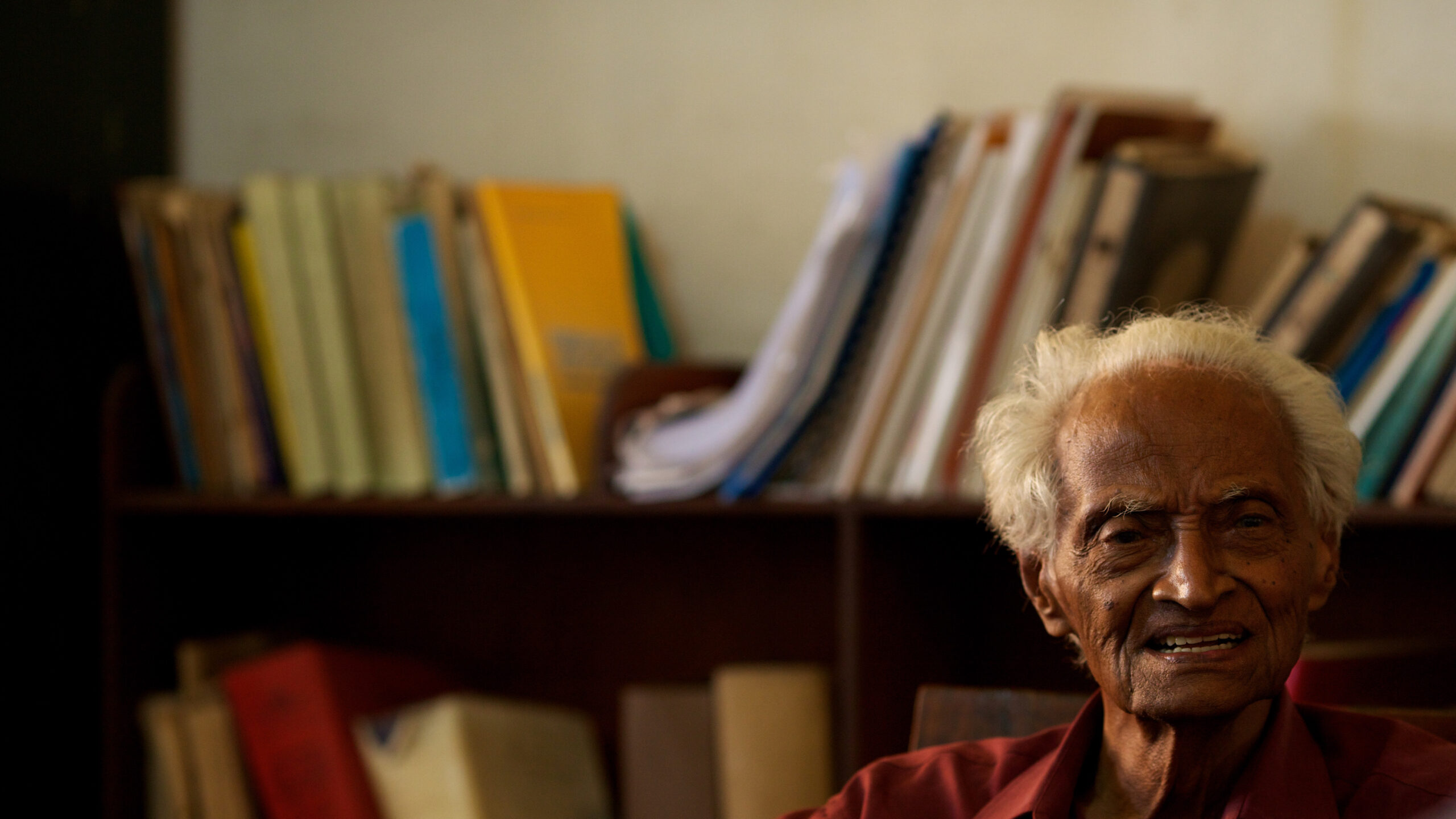
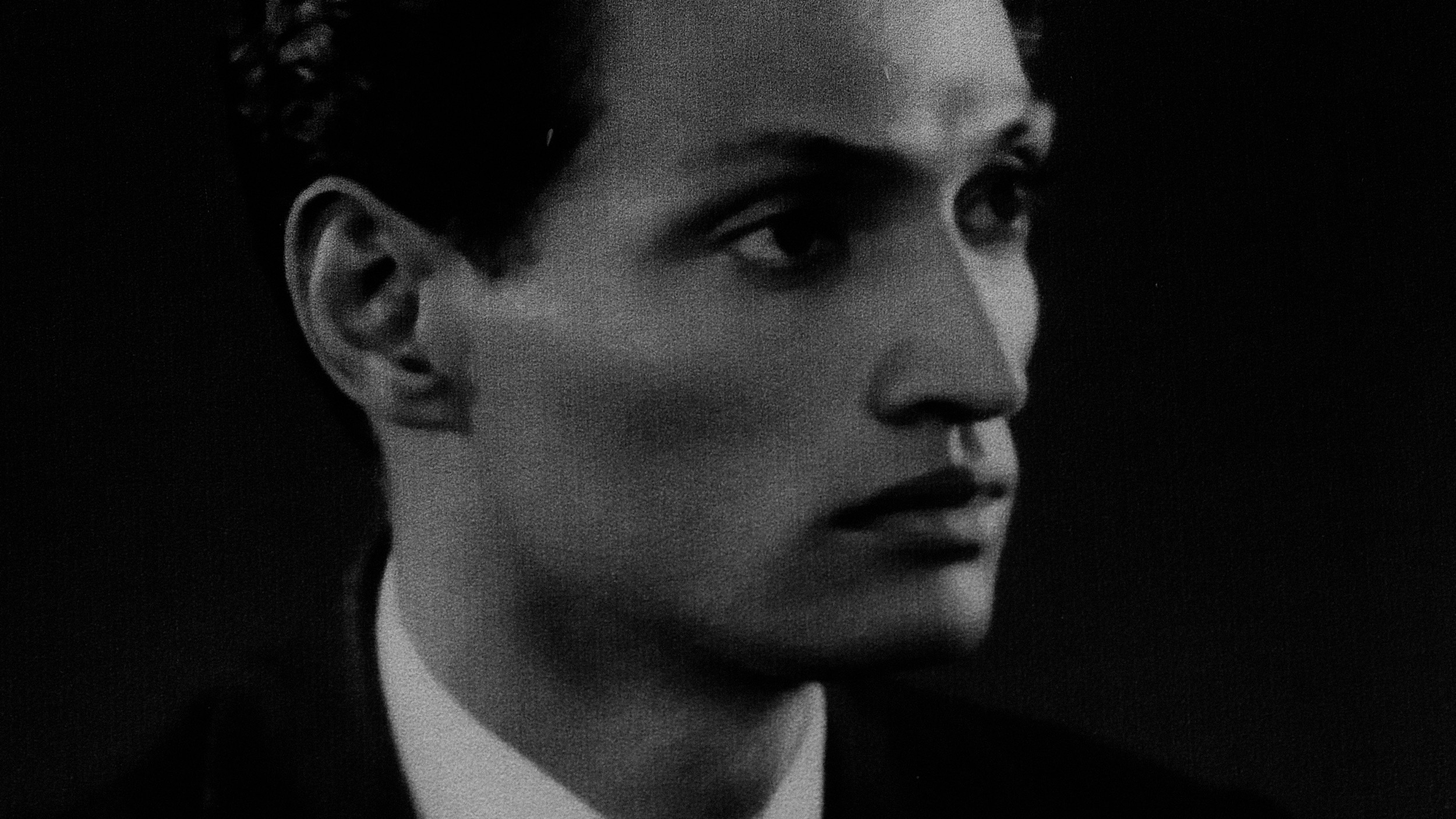
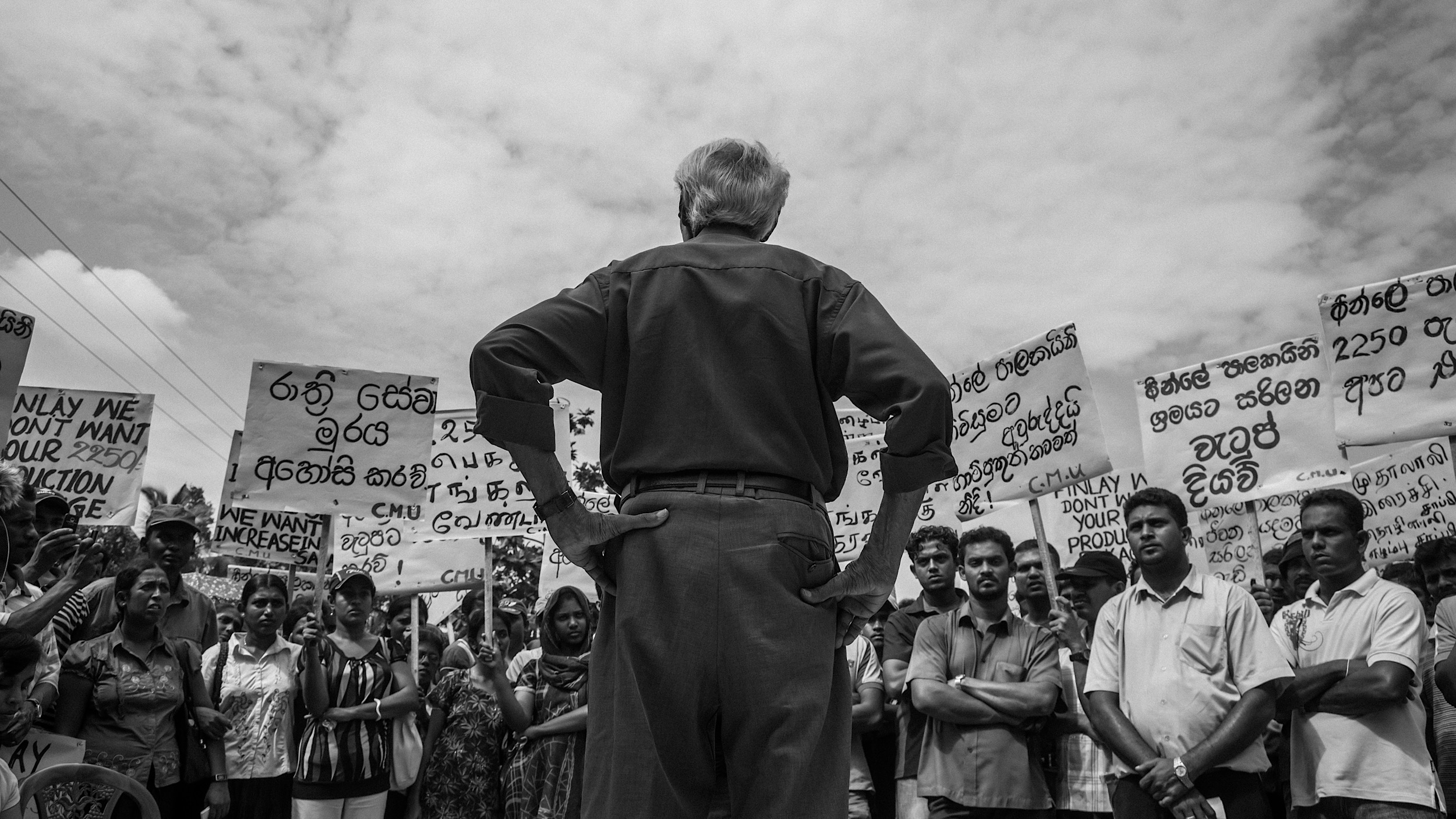
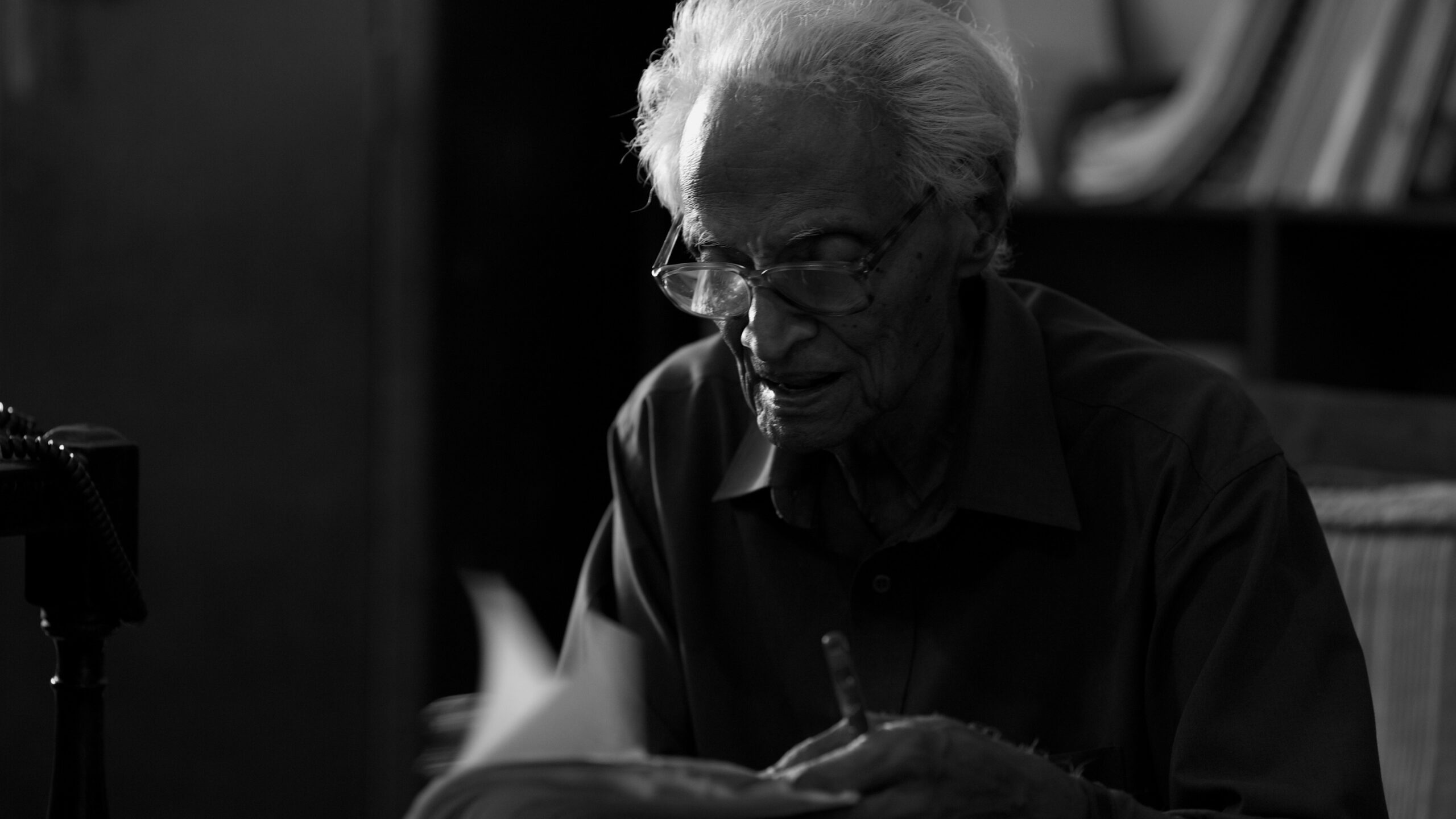
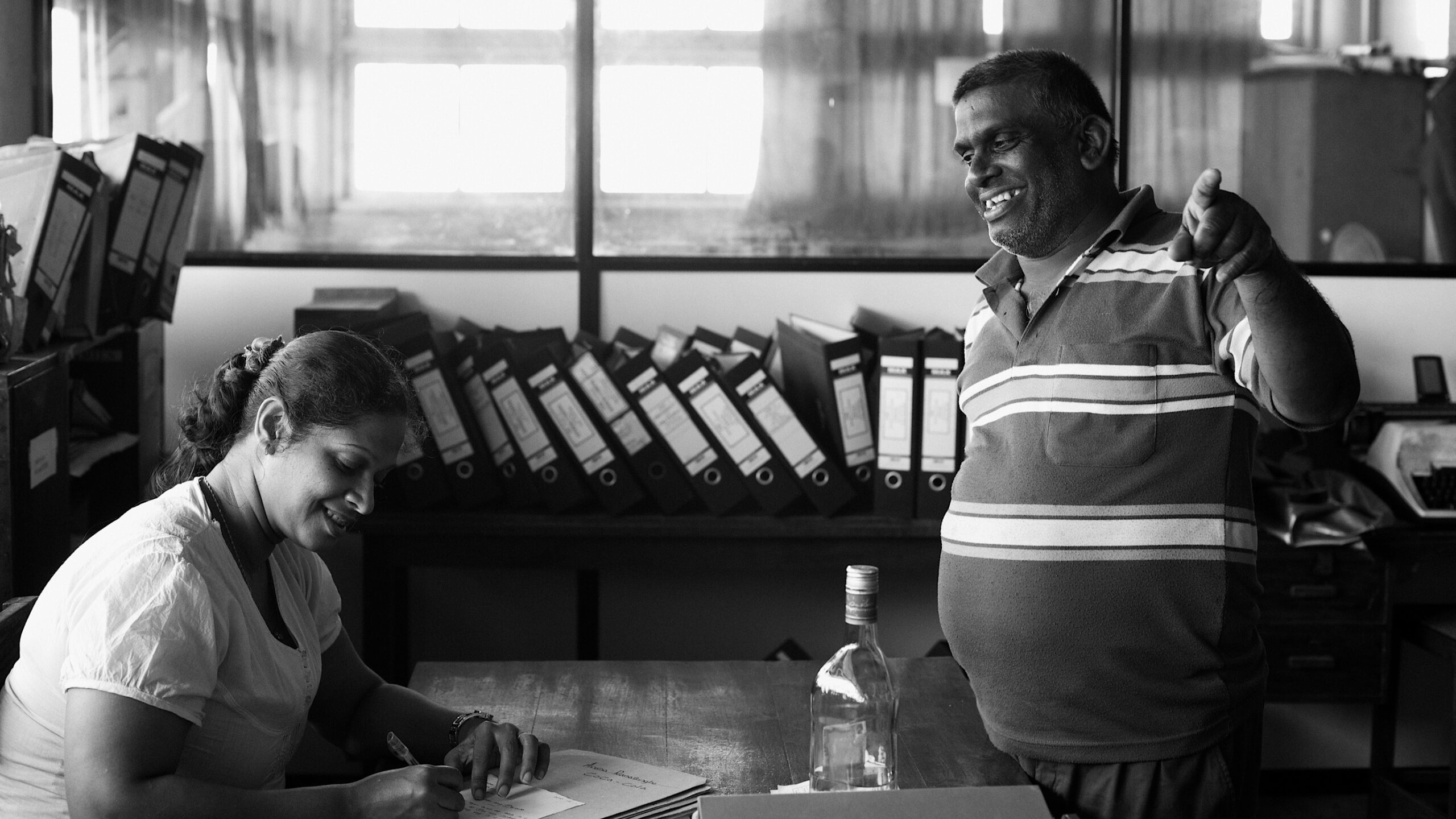
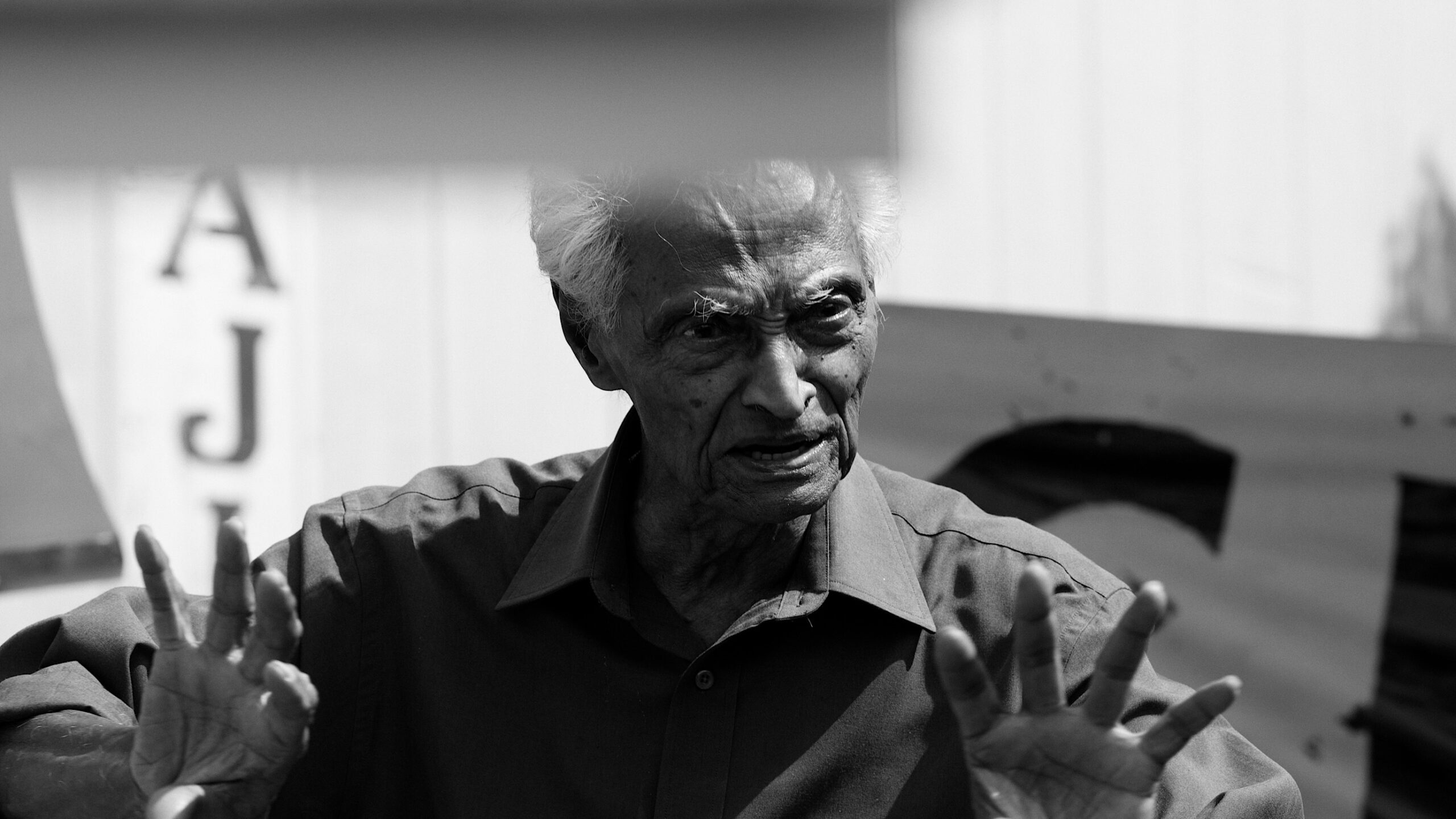
Comments
Leave a comment